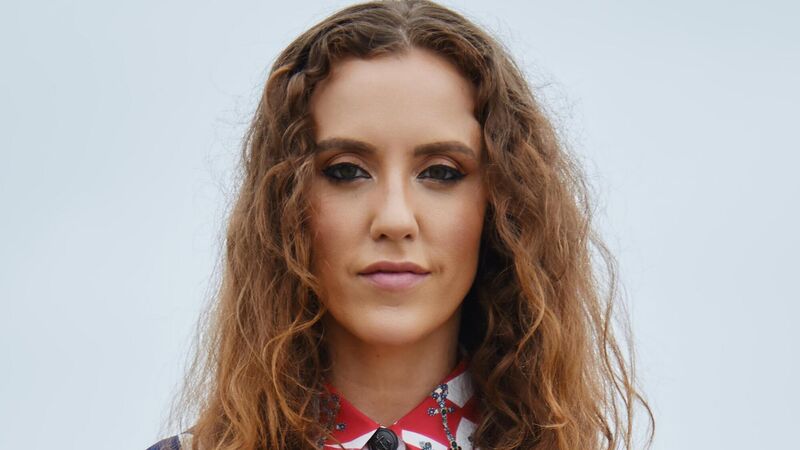Louise O'Neill: 'What is International Women’s Day? And what does it mean to be an Irish woman today?'

Louise O'Neill: guest editor of the International Women's Day edition of our Weekend magazine. Picture: Miki Barlok
I came of age during a time when the Teen Magazine was the essential accessory for every young girl. I’d pick up my copy of Sugar, Mizz, or J17 from my local newsagent (graduating to More magazine when I got a little older/braver – RIP to Position of the Fortnight) and on the first page, there would be a letter from the editor.
A headshot of a glossy, lipsticked woman smiling brightly, setting the tone for the pages ahead, alerting the reader to features or interviews she thought were particularly worthwhile.








